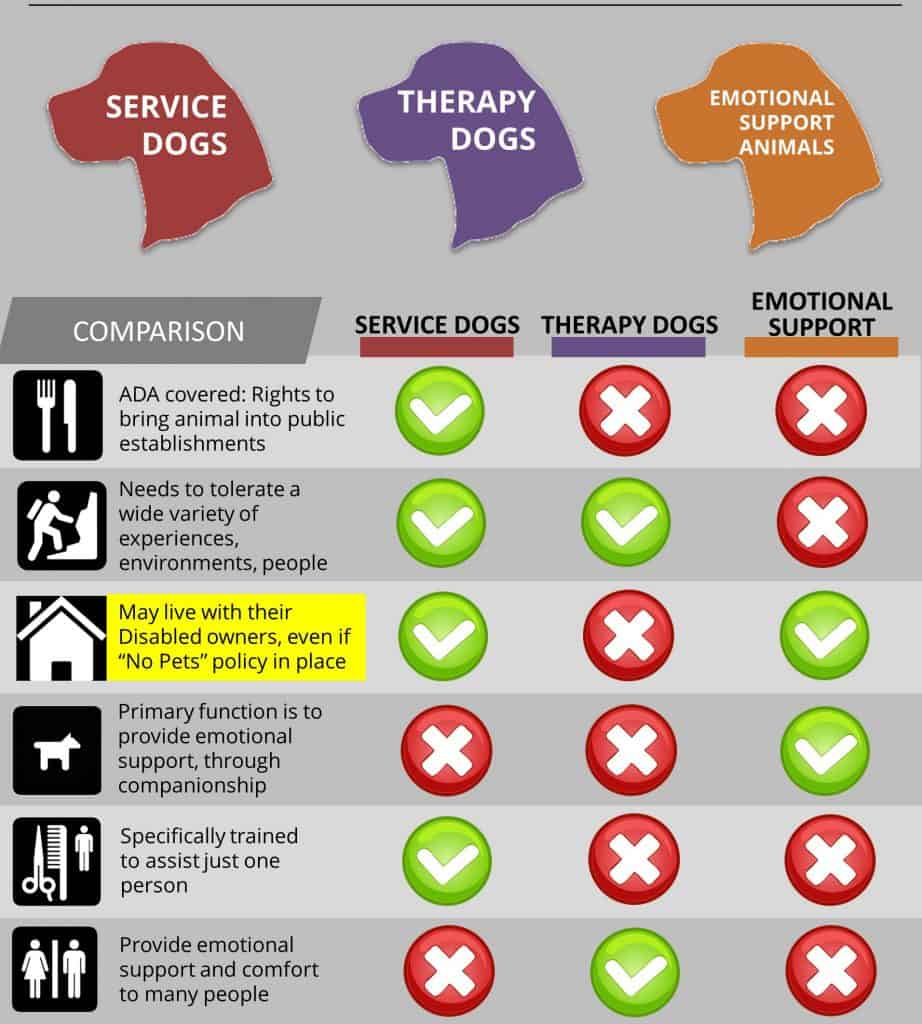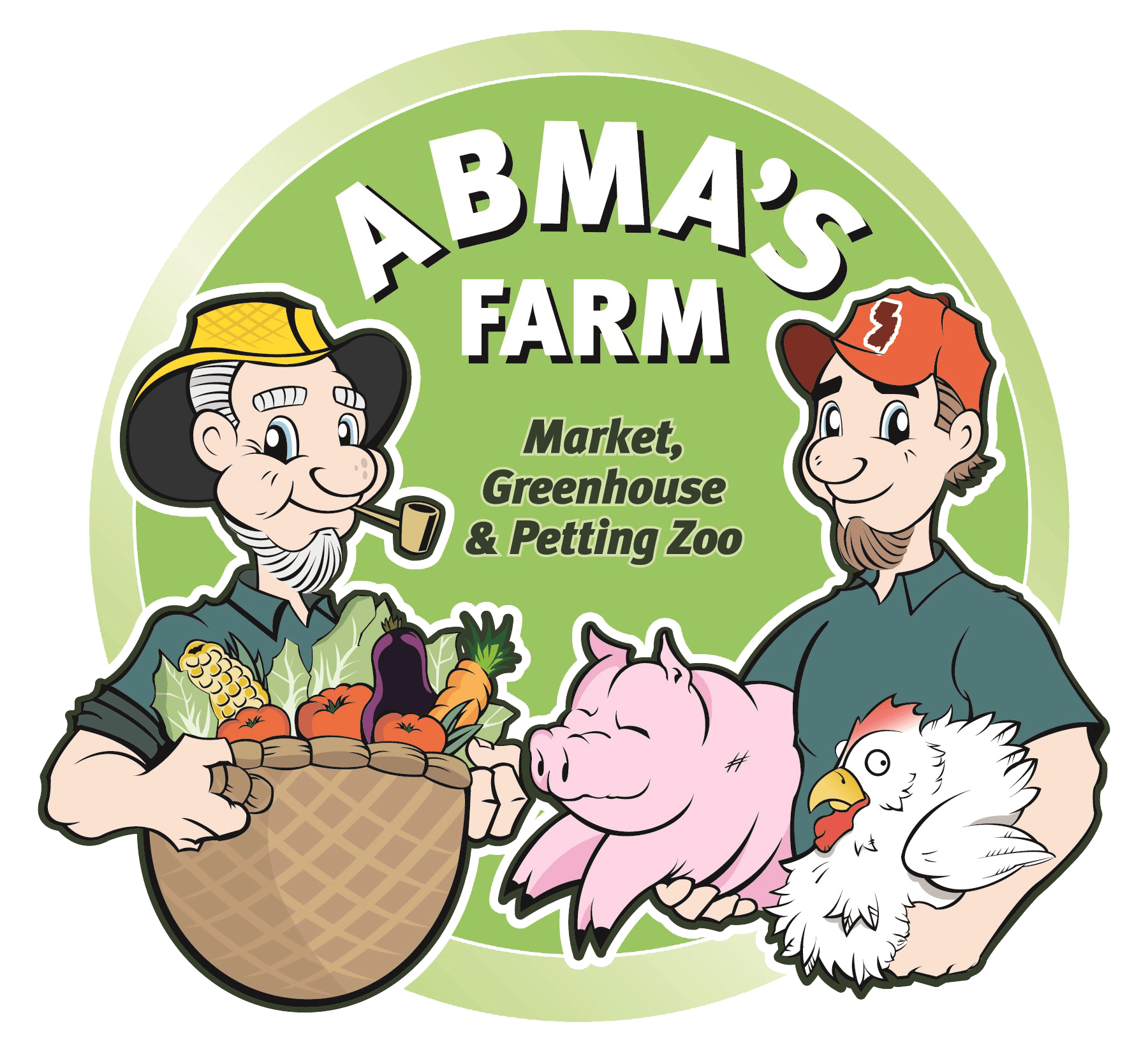Pet Policy
Abma’s Farm is a privately owned, family-run business.
While we know that pets are family, we kindly ask that you do not bring your pets to the farm unless they are ADA certified service animals.
If your animal is ADA certified, we WILL restrict your animal from specific areas, such as:
- Produce handling areas used for washing, packing, and storage (e.i., the Market, U-Pick fields, all production fields).
- Livestock areas, where natural predator/prey relationships that can upset farm animals or potentially be a source of disease transmission (e.i. the Barnyard Petting Zoo).
There are several factors why we abide by this policy, including: GAP regulations, the safety of your animals, the safety of our own farm animals, and the safety of our patrons.
To determine if an animal is a service animal, we may ask two questions:
-
Is this animal required because of a disability?
-
What work or task has this animal been trained to perform?
Definition of a service animal, as per the Americans with Disabilities Act website: A service animal is any dog that is individually trained to do work or perform tasks for the benefit of an individual with a disability, including a physical, sensory, psychiatric, intellectual, or other mental disability. Other species of animals, whether wild or domestic, trained or untrained, are not considered service animals.
The crime deterrent effects of an animal’s presence and the provision of emotional support, well-being, comfort, or companionship are not considered work or tasks under the definition of a service animal.
We may ask an individual with a disability to remove a service animal if the animal is not housebroken or is out of control and the individual is not able to control it. A service animal must have a harness, leash or other tether, unless the handler is unable to use a tether because of a disability or the use of a tether would interfere with the service animal’s ability to safely perform its work or tasks. In these cases, the service animal must be under the handler’s control through voice commands, hand signals, or other effective means. If a service animal is excluded, the individual with a disability must still be offered the opportunity to obtain goods, services, and accommodations without having the service animal on the premises.
The work or tasks performed by a service animal must be directly related to the individual’s disability. Examples of work or tasks include, but are not limited to:
- Assisting individuals who are blind or have low vision with navigation and other tasks.
- Alerting individuals who are deaf or hard of hearing to the presence of people or sounds.
- Providing non-violent protection or rescue work.
- Pulling a wheelchair.
- Assisting an individual during a seizure.
- Alerting individuals to the presence of allergens.
- Retrieving items such as medicine or the telephone.
- Providing physical support and assistance with balance and stability to individuals with mobility disabilities.
- Helping individuals with psychiatric and neurological disabilities by preventing or interrupting impulsive or destructive behaviors.

